Amid a flurry of product deployments in the United Arab Emirates, Visa makes a data-driven push for more banks to get involved. Goldman Sachs preps an IPO for a cross-border payment firm and other updates. Here's what's happening in the world of payments.

Block dumps Cash in the U.K.
In the P2P market, Block faces pressure from U.S.-based firms PayPal, PayPal's Venmo and the bank-supported Zelle, along with local services in Europe and other regions. The move isn't expected to impact Block's other functions in the U.K. or Europe. Block referred questions to the company's media statement.
While Block's core business is enabling payments and extending credit for small businesses, Cash App in recent years has become a
Since retaking the CEO job at Block in 2023,
While Block scales back its global ambitions, it is doubling down on the U.S. The company is adding financial tools to Cash in the U.S. in an effort to make Cash operate more like a bank, with Block focusing on U.S. consumers earning up to $150,000 in yearly income. It's also positioning Cash as a merchant banker for its small businesses, with Dorsey recently telling analysts Block, which retains its original Square brand for its merchant services group, will make Cash the primary account for its business clients.
Like most payment technology companies, Block struggled in 2022 and 2023 due to the impacts of a correction that followed rapid growth during the pandemic. Block reported improvements in profitability during its most recent earnings report, largely due to cost-cutting and
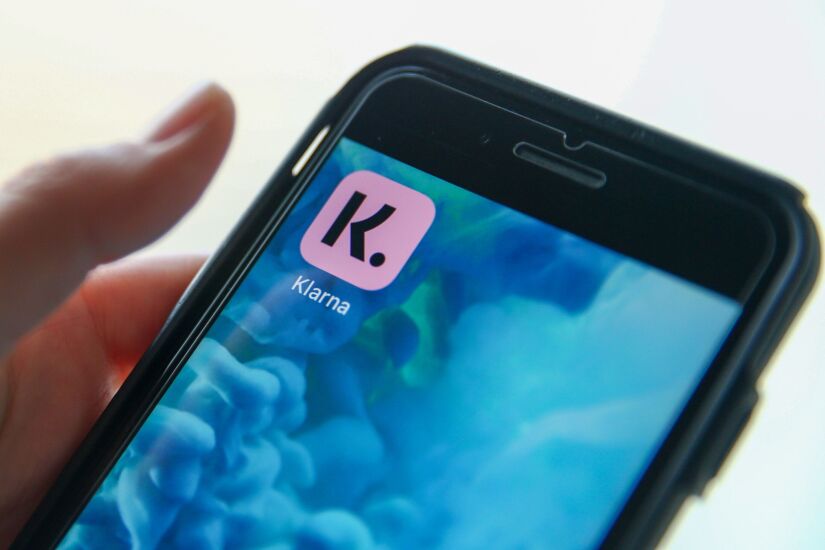
Klarna combines pay-by-bank, point-of-sale payments
The integration is designed to improve security by requiring Klarna's two-factor authentication for Sofort-powered transfers. Klarna also wants to make it easier to access account-to-account payments at the point of sale.
Klarna positions itself as an alternative to credit cards, particularly for its well-known buy now/pay later business.
Klarna acquired Sofort, a German-based company, in 2014, to boost its account-transfer capabilities and to access open banking, or the ability to use a single account to access multiple financial services, often from a third party. Klarna is rolling out the Sofert integration slowly, with the U.K. being the initial market, and Germany added this week. —John Adams
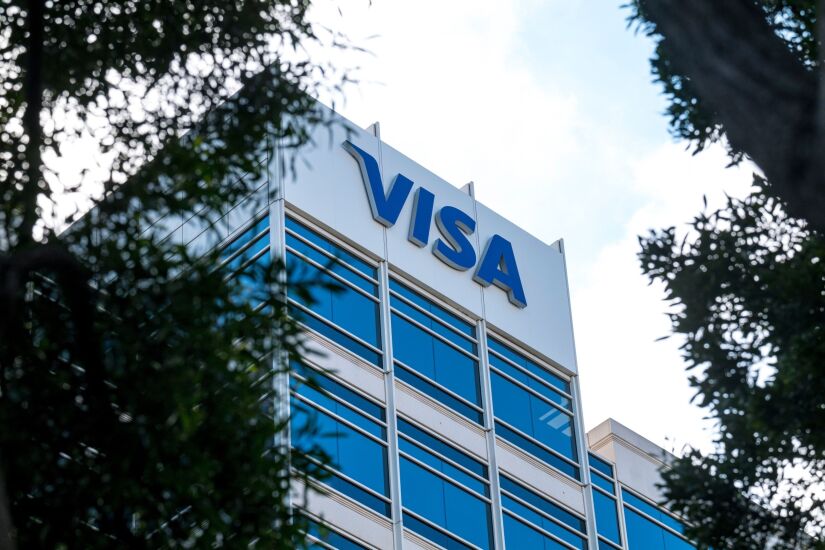
Visa outlines opportunity in the UAE
Ninety-five percent of small- to medium-size businesses say digital payments are superior to other methods, and more than 70% believe investing in automated payments is vital for their business, Visa reported in a survey of local UAE merchants.
"SMEs are the backbone of economies worldwide, playing a critical role in driving growth, innovation, and employment. In a rapidly changing environment, it's imperative for issuing banks to deeply understand their needs and develop targeted solutions that propel the SME sector forward," Salima Gutieva, vice president and country manager for the UAE for Visa, said in a release.
Visa's strategy was partly about making the case for issuing banks to offer payments and other financial services in the UAE. Mastercard has also made several moves in the UAE, including a partnership with the Rochester Institute of Technology to train local technology talent.

Warburg Pincus bets on Brazilian real-time payments firm
Warburg Pincus has invested $100 million in Matera, a Brazil-based technology company that supports Pix, Brazil's national instant settlement rail.
Pix is the second largest real-time payment system in the world after India's United Payments Interface, and Matera plans to use the investment to enter the North American market.
Matera's products include core banking, real-time payment processing and contactless payments. Its clients include more than 200 banks and credit unions in Brazil and elsewhere. One of its early goals in North America will be to sell a payment product for merchants to use mobile phones to accept payments via a QR code. —John Adams
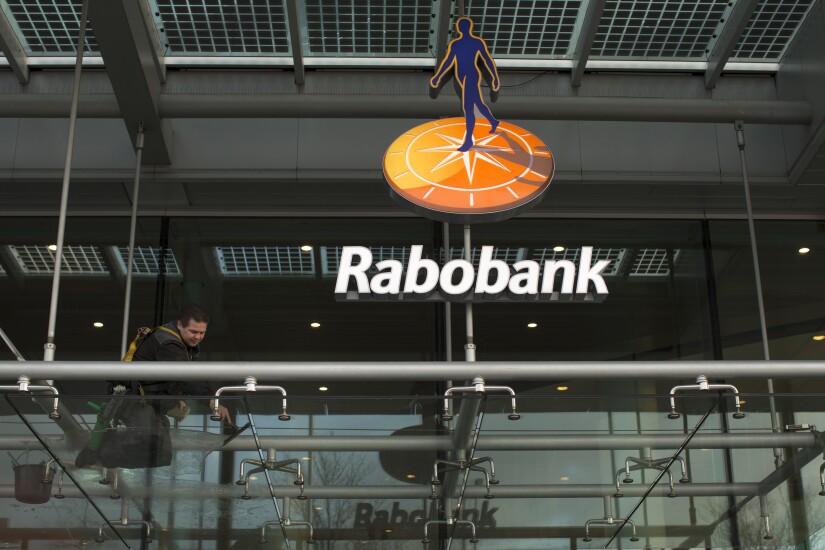
Rabobank partners with bank tech firm to go 100% digital
Zafin will replace existing Rabobank technology that powers payments, product development, pricing and billing. The bank is attempting to enable real-time analysis of banking and payments while consolidating disparate processes across divisions.
Another goal is to reduce the bank's physical footprint as more customers choose digital channels. As part of its ongoing digitization, Rabobank was an early adopter of
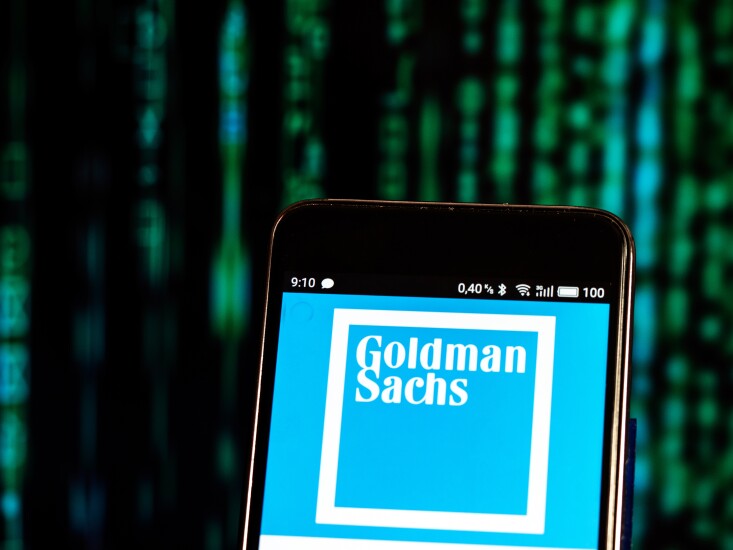
Goldman Sachs to lead IPO for Santander-backed payments startup
The initial public offering will be about $3 billion, according to
More banks are upgrading technology and expanding services to reach a growing number of businesses that are selling across borders.
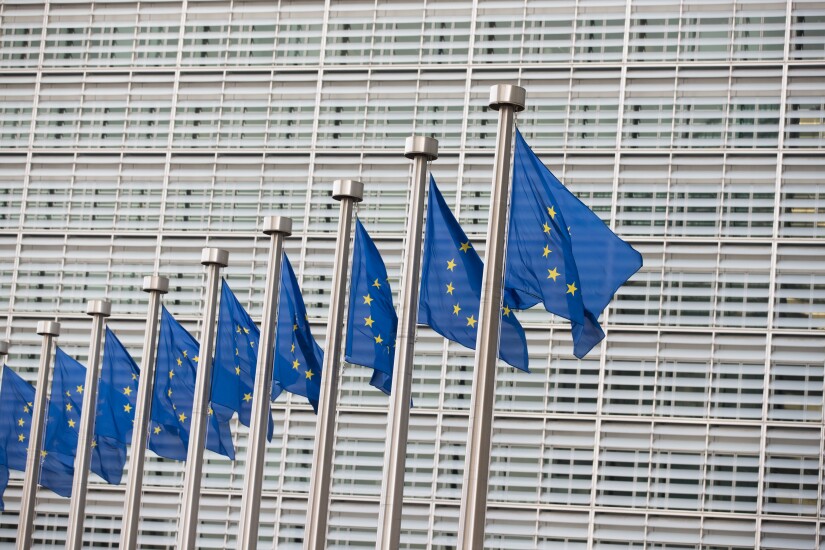
Australian fintech and Mastercard take stablecoin payments global
Stables offers a stablecoin wallet that can be used to make contactless Apple Pay and Google Pay payments at mainstream retailers that may not be set up to support cryptocurrency. The fintech is launching its wallet and a virtual Mastercard in Europe following a 2023 debut in Australia. —John Adams

Temenos cuts guidance as Hindenburg report weighs on sales
The Swiss provider of banking software had sales of $248.4 million and slashed its target for recurring revenue for 2024. The results are a fresh blow for the company, after short seller Hindenburg Research alleged "accounting irregularities" at the firm in February.The company said in a statement Tuesday that some deals that were delayed because of the Hindenburg accusations have finally been signed in the second quarter. Still, the months lost to reject the allegations continue to weigh on revenue, prompting the cut in guidance.
This quarter is the first since Chief Executive Officer Jean-Pierre Brulard was appointed in April.
"There are areas we need to improve on and invest in, and these will be our focus and commitment to our clients," Brulard said in a statement.
The company says it will give an update on its strategic and financial plan at its capital markets day on Nov. 12, including a review of its midterm targets. It is exploring options for its Multifonds business, according to a Reuters report earlier this month. —Paula Doenecke, Bloomberg News

Hong Kong bank pursues global stablecoin role
"By providing a secure and reliable banking infrastructure with greater security for users, we aim to build greater trust and confidence in the stablecoin market," said Ronald Iu, CEO of ZA Bank, in a release.
The bank's move comes as stablecoin issuers try to expand use beyond early adopters and investors in an attempt to support payments and other financial services.




